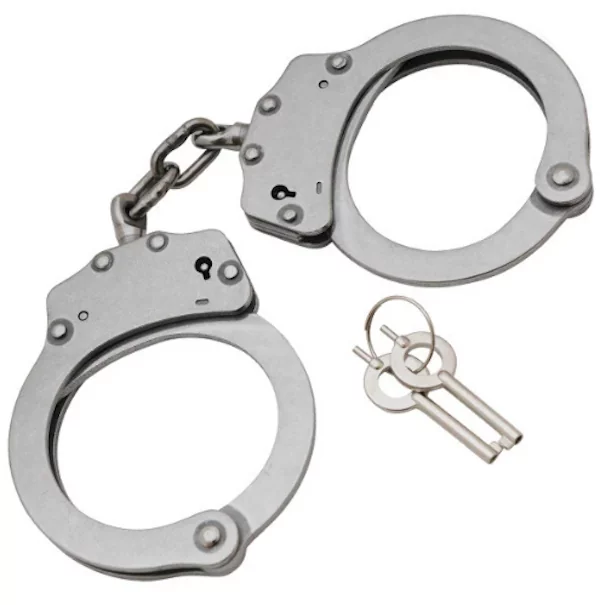

In some circumstances, the court may seal only certain documents in a case, without sealing the entire file. All proceedings recounted in the record are deemed never to have occurred. Other records relating to the case, in the custody of such other agencies and officials as are named in the order, must also be ordered sealed. An order to seal includes all records, papers and exhibits in the custody of court. Criminal records may be ordered sealed upon meeting certain statutory requirements. In addition, the court may order the sealing of individual civil, domestic, temporary protective order, probate, guardianship or involuntary civil commitment cases. Certain case types such as adoption, paternity and juvenile abuse or neglect matters are automatically sealed by statute. Specific reasons for sealing a case may vary. Sealing case records originates with a requirement to protect confidential information from public access. Access to adoption cases requires a court order in addition to photo identification. Parties to the action (plaintiff or defendant) and counsel of record may access sealed cases by submitting a request in person to the Clerk of the Court located at the division of District Court where the case was filed. What you need to know about Sealed Court Recordsīy order of the court, there is no Internet access to sealed records. Civil, Criminal, Family, and Probate Case SearchĬalendars for individual judges and programs in the Civil, Criminal, and Probate Divisions can be accessed through the following link:.The chart below gives general information on the types of cases heard in each type of Nevada court.View case summaries, defendant and plaintiff names, and case information. Claims beyond the jurisdiction of a Municipal Court will be transferred to a court with jurisdiction over the case. Municipal Courts cannot hear claims related to the validity of a tax, assessment or levy, or the title to real property. Civil cases heard by Municipal Courts include violations of municipal ordinances, actions to stop nuisances, some tax collection and other types of claims for less than $2500 that are brought by the city or its agents.

Criminal cases heard by Municipal Courts include misdemeanor violations of city ordinances and other violations of municipal ordinances. Most records dating from 1990 to present may be searched online. The Clerk of the Court maintains court records from September 1909 through the present date. Municipal Courts have limited jurisdiction over certain types of civil and criminal cases. To request a certified copy, exemplified copy, or plain copy fill out the copy request form and email it to. Justice Courts cannot hear cases with disputes over boundaries or title to real property, mining claims or disputes over the validity of a tax or assessment or fine. Justice Courts also handle some cases involving orders of protection against domestic violence, orders of protection against workplace harassment and orders of protection against stalking.


Justice Courts also have a simplified Small Claims procedure for certain types of civil claims within financial limits. Justice Courts also hear other types of civil claims within financial limits, including landlord-tenant, some liens, and collection actions for fines, penalties, forfeitures or taxes. Civil cases heard by Justice Courts include most general civil claims for less than $10,000, exclusive of interest. Criminal cases heard by Justice Courts include misdemeanors. Justice Courts have limited jurisdiction over certain types of civil and criminal cases. Family Court divisions share jurisdiction with District Courts over claims for damages that arise out of domestic violence. Family Court divisions share jurisdiction with Justice Courts over orders of protection against domestic violence. Each District Court has a Family Court division with jurisdiction over certain types of cases, including divorce, parentage, abuse prevention, juvenile matters and involuntary hospitalization. Civil cases heard by District Courts include general civil claims with more than $10,000 in dispute, family law cases, juvenile cases and cases related to abuse and neglect. Criminal cases heard by District Courts include felonies, gross misdemeanors and lesser-included offenses. If you prefer, you can start your search by going to Nevada Courts by County.ĭistrict Courts have general jurisdiction over all civil and criminal cases, but usually only handle cases that are beyond the jurisdiction of other courts. Justice Courts and Municipal courts have limited jurisdiction over certain types of cases.
Nevada court case lookup by name trial#
The Nevada trial court system consists of District Courts, Justice Courts, and Municipal Courts.ĭistrict Courts have general jurisdiction over all civil and criminal cases but generally only handle cases that are beyond the jurisdiction of other courts. It helps to understand how the Nevada state court system works when you’re trying to find court records. Home > Nevada Court Guide Finding Court Records in Nevada Nevada Courts Overview


 0 kommentar(er)
0 kommentar(er)
